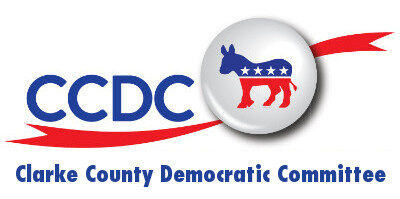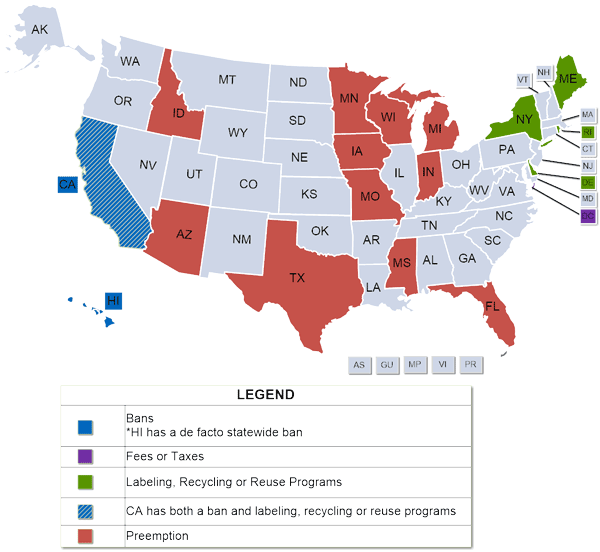The Clarke County Democratic Committee (aka, Clarke Dems) will hold an assembled caucus on Tuesday, January 9, 2024 at 7 p.m. for the purpose of welcoming new membership pursuant to the Democratic Party of Virginia Party Plan. Immediately following the online caucus we will elect new officers.
The meeting place for the assembled caucus (reorg) and January meeting scheduled afterwards will be the Sanctuary Wellness Center, 208 N. Buckmarsh St., Berryville, VA 22611,
Please fill out a New Member Application by 6 PM. Friday December 31st, 2023. Even if you are a current member of CCDC you must reapply for membership for the next 2-year session. If you don’t fill it out in advance, you may fill out a form at the meeting.
Here is the online membership application form:
We invite all Democrats residing in Clarke County to attend this reorg meeting, pay your voluntary annual dues, and join the Clarke Dems. $35 individual, $50 family, $25 senior rate, $10 student. Pay online via Act Blue or mail a check to CCDC PO Box 535 Berryville VA 22611: Note, you are not required to pay dues to become a member.
Regarding Candidates for Committee Officers (Chair, Vice Chair, Treasurer and Secretary):
The Pre-Filing Form, which all candidates must sign (digital signature acceptable), includes the following written declaration: “I declare myself to be a candidate for executive membership on the Clarke County Democratic Committee. I also declare that I believe in the principles of the Democratic Party and that I will not support any candidate opposed to any Democratic nominee as long as I am a member of the Committee.”
Form is here online as a Google Doc (you can also just cut and paste the text into an email sent to David Pratt, Chair)
Participation
Every Democrat who is a registered voter in Clarke County is urged to attend and participate. If an individual does not appear on the Registered Voter List, they will not be allowed to participate.
Affirmative Action
It shall be the duty and goal of all members of the Clarke County Democratic Committee to seek out and encourage the broadest possible participation within the committee, and in its membership, of all duly qualified citizens without regard to race, sex, age, religion, national origin, sexual orientation, gender identity, ethnic identity, disability, or economic status.
New Member Elections
The names of applicants for membership will be shared and then voted on starting promptly at 7:10 p.m.
Officer Elections Then FollowImmediately following the adjournment of the assembled caucus, the newly formed committee will then elect the officers of the committee. The newly elected officers (Executive Board) will then proceed to run the January 2024 monthly business meeting.

